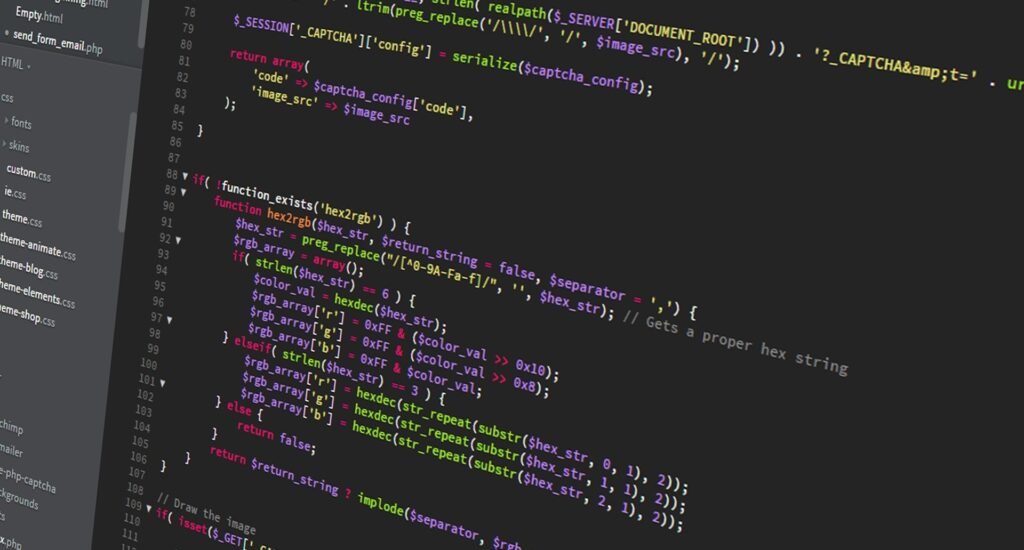As technology continues to advance, so does the prevalence of cybercrime. With more businesses and individuals relying on technology to store and transmit sensitive information, cybersecurity has become more important than ever before. In this article, we will explore the importance of cybersecurity in the modern world and provide practical tips on how you can protect yourself and your business from cyber threats.
Introduction to Cybersecurity
Cybersecurity refers to the practice of protecting computer systems, networks, and other devices from theft, damage, or unauthorized access. It involves the use of various technologies, processes, and practices to safeguard electronic data from cyber threats such as viruses, malware, phishing attacks, and hacking.
The Importance of Cybersecurity
- Protects Sensitive Information
One of the primary reasons why cybersecurity is so important is that it helps protect sensitive information from falling into the wrong hands. Cybercriminals are always on the lookout for opportunities to steal valuable data such as social security numbers, credit card numbers, and other financial information. By implementing robust cybersecurity measures, you can safeguard your data and prevent it from being stolen or compromised.
- Prevents Financial Losses
It can have a devastating impact on businesses, resulting in significant financial losses. For example, a cybercriminal could gain access to your company’s bank account and steal funds or launch a ransomware attack that holds your data hostage until a ransom is paid. By investing in cybersecurity, you can mitigate the risk of financial losses due to cybercrime.
- Maintains Business Continuity
It can also disrupt business operations, resulting in lost productivity and revenue. For example, a DDoS attack could overwhelm your network, making it impossible for your employees to access critical resources. By implementing cybersecurity measures, you can ensure that your business remains operational even in the face of a cyber threat.
- Builds Trust with Customers
In today’s world, customers are increasingly concerned about the security of their personal information. By demonstrating a commitment to cybersecurity, you can build trust with your customers and differentiate yourself from competitors who may not be taking cybersecurity seriously.
Practical Tips for Cybersecurity
- Use Strong Passwords
One of the simplest things you can do to improve your cybersecurity is to use strong, complex passwords. Avoid using easily guessable passwords such as “password” or “123456” and instead use a combination of upper and lowercase letters, numbers, and special characters.
- Keep Software Up to Date
Software updates often contain critical security patches that address known vulnerabilities. By keeping your software up to date, you can ensure that your systems are protected against the latest cyber threats.
- Implement Two-Factor Authentication
Two-factor authentication provides an additional layer of security by requiring users to provide a second form of authentication, such as a text message or biometric data, in addition to their password.
- Train Employees on Cybersecurity Best Practices
Human error is a common cause of cyber incidents. By training your employees on cybersecurity best practices such as how to recognize phishing emails and how to avoid clicking on suspicious links, you can reduce the risk of a successful cyber attack.
- Use Encryption
Encryption can help protect sensitive data by making it unreadable to unauthorized parties. By encrypting your data, you can ensure that even if it is stolen, it cannot be accessed without the appropriate decryption key.
Conclusion
As technology continues to evolve, the importance of cybersecurity will only continue to grow. By implementing robust cybersecurity measures, you can protect yourself and your business from cyber threats and build trust with your customers. Remember to use strong passwords, keep your software up to date, implement two-factor authentication, train your employees on best practices, and use encryption to safeguard sensitive data.

